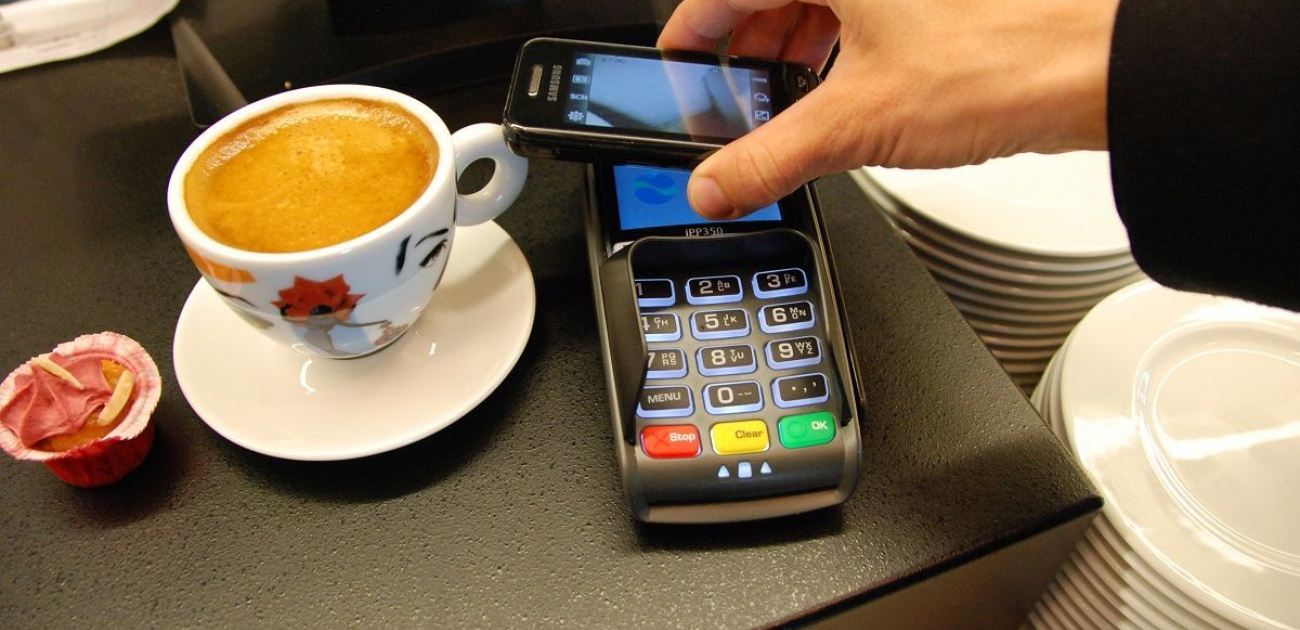Mobile Payments: Exciting but Unknown
Mobile payment options are no longer the wave of the future. They are already here. It was projected that there would be almost 450 million mobile payment users worldwide by the end of 2016. These users generated $60 billion in mobile payment sales in 2016 alone. Certain studies project that by the year 2020, 90 percent of mobile phone users will make a mobile payment, and those mobile payments will account for over $500 billion in sales in 2020. These numbers are significant. If retailers do not already offer a mobile payment option, they could miss out on a major source of revenue.
Retailers can offer their customers a mobile payment option in a variety of ways. Some stores have launched a payment feature within their own mobile application (e.g., CVS, Kohl’s and Wal-Mart). Other stores rely on already-established third-party payment platforms such as Apple Pay and PayPal. Regardless of the method, offering a mobile payment option provides certain advantages to both merchants and consumers, such as providing a faster checkout experience, developing loyalty through rewards programs, and allowing merchants to gain a better understanding of their customers’ purchasing habits.
These potential advantages suggest that the use of mobile payments will only continue to grow. One area of mobile payments that experts expect to expand in 2017 is “contactless” or “proximity” transactions – i.e., transactions that will be completed by tapping a card against a machine or using a digital wallet to pay for a product. Bloomberg Technology has noted that, according to certain studies, by 2019, “the total value of transactions made by tapping a phone on an in-store terminal will reach $210 billion, up from $8.7 billion in 2015.” Because of the nature of the retail environment, retailers can expect to receive the majority of that revenue. One study shows that, in 2015, 61 percent of all “proximity mobile” payments in the United States took place in the retail environment.
Further, not only will the number of mobile payment users continue to grow, mobile payment technology will continue to evolve. Google recently announced a new mobile payment application that uses Bluetooth or Wi-Fi to allow the user to make a payment without even taking their smartphone out of their pocket or purse. Other tech companies are focusing on developing technology that will allow consumers to use their clothing and accessories to make purchases.
These trends all lead to the same conclusion. Within the next few years, consumers will expect their retailers to provide them with a mobile payment option of one sort or another. In response, retailers will, and in fact have already started to, race to develop and implement the most efficient and profitable mobile payment option available. However, this race to provide a mobile payment option as quickly as possible has resulted in a “fragmented marketplace with different technology types and business models.” The lack of consistency among stakeholders has complicated the already difficult task of regulating the mobile payment industry, which in turn has opened the door for possible failures or weaknesses, such as fraud and lack of security over consumers’ personal information.
The bottom line is that retailers must adapt by providing their customers with the mobile payment option that best suits the needs of both the retailer and their customers. However, in doing so, retailers must also acknowledge that the mobile payment industry is still developing and that there is not yet an established global regulatory framework that will protect them from potential failures or weaknesses. As a result, retailers should proceed cautiously and should take proactive measures to avoid failures and weaknesses in their mobile payment options.
Do you want more information?
 Benjamin Kayden
Benjamin KaydenBenjamin was an Associate in the real estate group of an Am Law 200 law firm.
